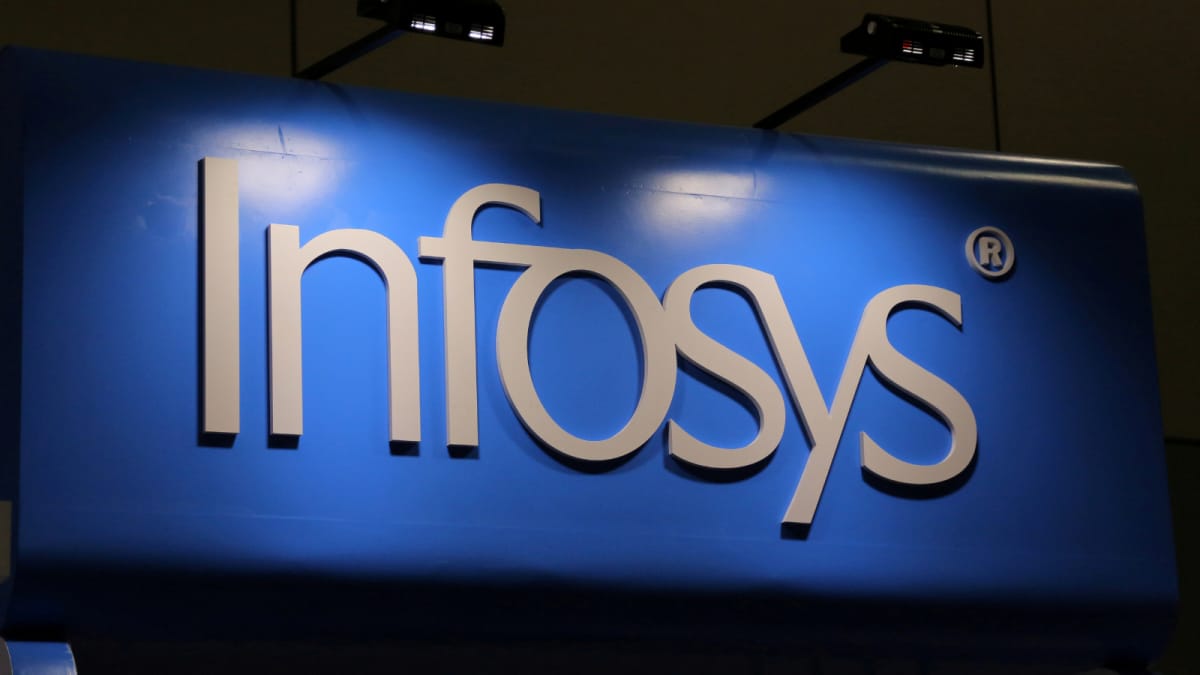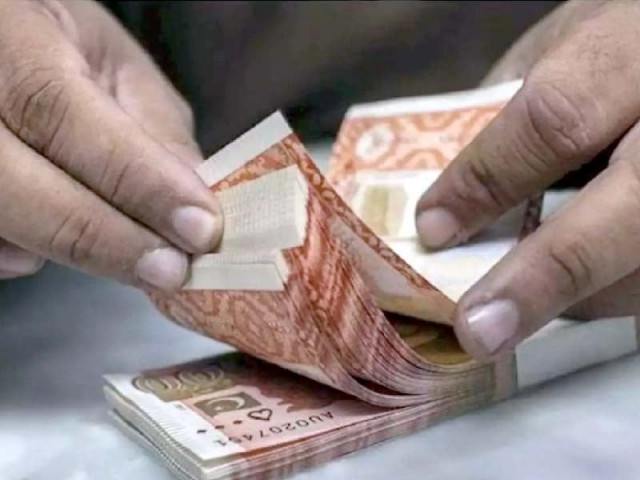Business
FBR’s social media surveillance sparks privacy backlash | The Express Tribune

Influencers call policy ‘futile’, claim social media posts create ‘fabricated’ wealth images
KARACHI:
The Federal Board of Revenue (FBR)’s move to track potential tax evaders through social media has ignited widespread criticism across business and social circles. The tax authority reportedly collected data of thousands of users and issued notices to those flagged for “unexplained wealth”, triggering outrage amongst traders, financial experts and online influencers who call the move invasive and misguided.
FBR officials claim the measure is part of an established “lifestyle-based” assessment method, where visible assets and spending patterns are examined to gauge undeclared income. However, critics argue the surveillance blurs ethical boundaries, undermines privacy and unfairly targets middle-income earners and small business owners.
With collected data, FBR has surveyed private hospitals, gyms, clubs and real estate firms.
“FBR is not doing its actual work, which is to fix the economic condition by flagging actual tax evaders and corruption cases,” said Ajmal Baloch, President of the All-Pakistan Trade Unions. He reassured that jewellers’ rights will be protected.
Sardar Tahir, President of the Islamic Chamber of Commerce and Economics, responded with a call for peace. “If there are plans to increase the tax base, it will be done in coordination with jewellers and shop owners,” he said.
Baloch explained that FBR insists on disclosing all transactions jewellers make, which upsets customers who prefer to keep their purchases private. Often people don’t reveal purchases to family members or have precious heirlooms they don’t want on official records. This renders jewellers unable to explain their income.
Haji Rasheed Ray, President of the All-Punjab Gem Merchants and Jewellers Association, warned that FBR’s social media monitoring policy could hurt jewellery sales. Customers may hesitate to buy items they can no longer showcase online without risking tax scrutiny.
In Rawalpindi’s Sarafa Bazaar, veteran gold trader Haji Asghar said a protest was held last month on Murree Road against FBR taxes.
Ray proposed an alternative, suggesting the government register all gold and silver bar manufacturers with PSQCA and introduce a fixed tax system based on bar weight, ranging from Rs2,000 to Rs10,000 per piece. He recommended QR-coded bars linked to buyer CNICs for digital traceability.
“Tax collection through threats is ineffective, but unfortunately, it has always been FBR’s modus operandi,” said Atiq Mir, President of the Karachi Tajir Ittehad. People are more willing to pay taxes when offered incentives. Pakistan heavily relies on indirect taxes, which burden the general population.
Mir criticised FBR for threatening taxpayers by closing businesses or seizing bank accounts. He advocated for a redeveloped tax policy that considers ground realities and involves traders, businessmen and industrial associations.
Irshad Ahmed, a financial auditor, said the FBR’s move was unjustified. “In financial investigations, privacy concerns arise only when allegations exist, but here, people are being investigated without any charges.”
TikTok influencer Maha Shaikh called the policy futile, saying social media projects a fabricated image. Instagram influencer Saman Ali Khan agreed, noting people often exaggerate lifestyles or post outdated content that doesn’t reflect actual income.
Backing this view, Baloch said most jewellery displayed in shops is artificial, terming FBR’s assumptions “nonsensical” and condemning the move as targeting working and middle classes. Tax expert Zeeshan Merchant argued that social media cannot provide definitive proof of wealth. “The court requires definite verifiable information, not guesswork,” he said. He highlighted selective showcasing, where some individuals might not share wealth publicly whilst others flaunt it.
Speaking to The Express Tribune, Dr Najeeb Ahmad, FBR spokesperson, explained that lifestyle-based taxing is an old concept. FBR assesses an individual’s lifestyle through social media or offline activities to determine tax liability.
Tax authorities confront individuals about their lifestyle, which may include luxury assets such as high-end cars or large mansions, asking them to explain how they afford these based on tax returns. If the explanation is satisfactory, the matter is closed. If not, they may impose taxes accordingly.
Business
Without Rera data, real estate reform risks losing credibility: Homebuyers’ body – The Times of India

New Delhi: More than 75% of state real estate regulators, Reras, have either never published annual reports, discontinued their publication or not updated them despite statutory obligation and directions from the housing and urban affairs ministry, claimed homebuyers’ body FPCE on Friday. It released status report of 21 Reras as of Feb 13.The availability of updated annual reports is crucial as these contain details of data on performance of Reras, including project completion status categorised by timely completion, completion with extensions, and incomplete projects. The ministry’s format for publishing these reports also specifies providing details such as actual execution status of refund, possession and compensation orders as well as recovery warrant execution details with values and list of defaulting builders.FPCE said annual report data is not only vital for homebuyers to assess system credibility, but is equally necessary for both state and central govts to frame effective policies, design incentivisation schemes, and develop tax policy frameworks.“Unless we have credible data proving that after Rera the real estate sector has improved in terms of delivery, fairness, and keeping its promises, we are merely firing in the air,” said FPCE president Abhay Upadhyay, who is also a member of the govt’s Central Advisory Council on Rera.As per details shared by the entity, seven states — Karnataka, Tamil Nadu, West Bengal, Andhra Pradesh, Himachal Pradesh and Goa — have never published a single annual report since Rera’s implementation, and nine states, including Maharashtra, Uttar Pradesh and Telangana, which initially published reports, have discontinued the practice.Upadhyay said when regulators themselves don’t follow the law, they lose the legal right to demand compliance from other stakeholders. “Their failure emboldens builders and weakens the very system they are meant to safeguard,” he said.
Business
Infosys Rolls Out 85% Average Performance Bonus In Q3FY26, Best In Over 3 Years

Last Updated:
Over recent quarters, payouts had gradually improved from roughly 65 percent to 80 percent and now to an average of about 85 percent in Q3FY26.


Infosys logo is seen.
IT major Infosys rolled out performance bonus payouts averaging around 85 percent for the quarter ended December 31, 2025 (Q3FY26), marking the strongest variable pay outcome for eligible employees in at least the past three-and-a-half years, Moneycontrol reported citing people in the know.
The bonus payout for mid- to junior-level employees ranges between 75 percent and 100 percent, with most employees clustering around the organisation-wide average of 85 percent, the report said. The development signals a steady recovery in variable compensation at the Bengaluru-headquartered IT services firm. Over recent quarters, payouts had gradually improved from roughly 65 percent to 80 percent and now to an average of about 85 percent in Q3FY26.
Employees are expected to receive their bonus letters over the next few days, with the payout scheduled to be credited along with their February salary.
One employee told the outlet that it is the strongest bonus outcome seen in recent years. The payout is also among the rare instances since the Covid-19 period when variable pay has approached the upper end of the eligible range.
Infosys last paid out 100 percent variable compensation during the pandemic. In the quarters that followed, payouts were lower amid macroeconomic uncertainty and a broader slowdown in client spending across global markets.
The higher payout comes at a time when global IT stocks have faced renewed pressure, driven by concerns over rapid advances in artificial intelligence and their potential impact on traditional IT services models.
Shares of global IT firms have seen sharp sell-offs in recent weeks amid heightened investor focus on AI leaders such as Anthropic. Investors fear that generative AI tools could compress pricing, automate routine services work and reduce demand for legacy outsourcing models.
Against that backdrop, the improved bonus payout at Infosys is being viewed as a signal of operational resilience and near-term performance strength, even as sentiment around the broader IT sector remains cautious.
February 13, 2026, 21:44 IST
Read More
Business
Why you should consider switching bank accounts

Martin Lewis explains why now might be a good time to think about changing your bank account.
Source link
-

 Entertainment1 week ago
Entertainment1 week agoHow a factory error in China created a viral “crying horse” Lunar New Year trend
-

 Tech1 week ago
Tech1 week agoNew York Is the Latest State to Consider a Data Center Pause
-

 Business3 days ago
Business3 days agoAye Finance IPO Day 2: GMP Remains Zero; Apply Or Not? Check Price, GMP, Financials, Recommendations
-

 Tech1 week ago
Tech1 week agoPrivate LTE/5G networks reached 6,500 deployments in 2025 | Computer Weekly
-

 Tech1 week ago
Tech1 week agoNordProtect Makes ID Theft Protection a Little Easier—if You Trust That It Works
-

 Business1 week ago
Business1 week agoStock market today: Here are the top gainers and losers on NSE, BSE on February 6 – check list – The Times of India
-

 Fashion3 days ago
Fashion3 days agoComment: Tariffs, capacity and timing reshape sourcing decisions
-

 Business1 week ago
Business1 week agoMandelson’s lobbying firm cuts all ties with disgraced peer amid Epstein fallout













